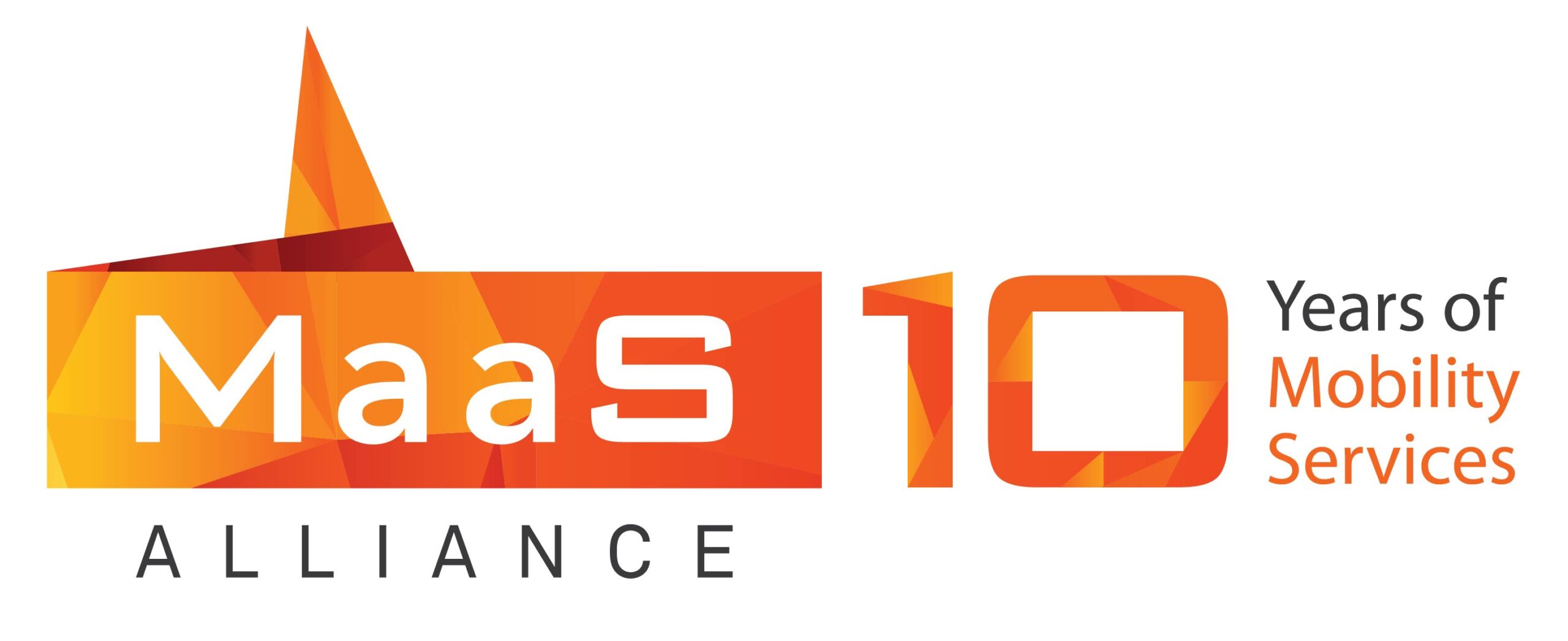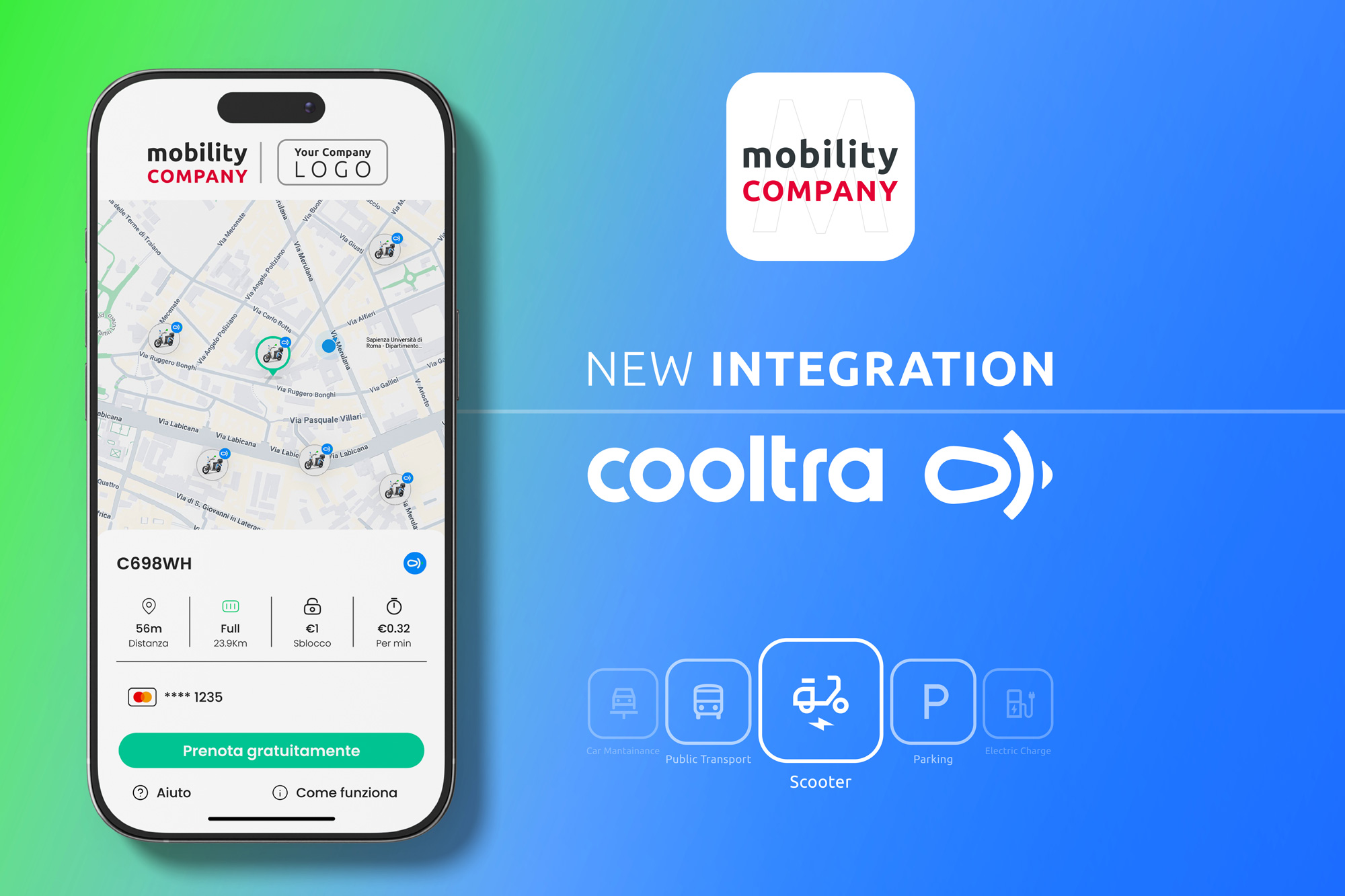 TNO has conducted research into the various governance models for Mobility-as-a-Service (MaaS) on behalf of the Ministry of Infrastructure and Water Management. MaaS is a concept that is developing worldwide, MaaS services are growing in number and versatility as well as MaaS ecosystem around them in which existing and new players are active. The distribution of roles and responsibilities and the use of policy instruments by the government differ greatly between countries.
TNO has conducted research into the various governance models for Mobility-as-a-Service (MaaS) on behalf of the Ministry of Infrastructure and Water Management. MaaS is a concept that is developing worldwide, MaaS services are growing in number and versatility as well as MaaS ecosystem around them in which existing and new players are active. The distribution of roles and responsibilities and the use of policy instruments by the government differ greatly between countries.
TNO has carried out a comparative case study on behalf of and in collaboration with the Ministry of Infrastructure and Water Management to gain insight into the MaaS governance in various countries. In addition to developments in the Netherlands, approaches in Austria, Finland, Île-de-France (Paris region, France), Los Angeles (US) and Singapore have been investigated. The results are published this week in the report “Policy options to steer Mobility as a Service: international case studies”.
MaaS “is the integration of various forms of transport services into a single mobility service accessible on demand” (MaaS Alliance, 2017). Different ‘levels’ of MaaS characterise the goals and phases of MaaS development, which range from ‘level 0’ with no integration to ‘level 4’ in which MaaS service provision can be steered towards societal goals at a systemic level (Sochor, et al., 2018). Policies and incentives can be used to steer users and providers towards optimisation of mobility use in terms of societal goals such as sustainability and equity.
The report shows that in some of the countries the focus lies on active steering and the expansion of mobility and MaaS services, in others a reactive attitude is taken. Who the main actors are also differs per case, in some countries public authorities play a major role and set up their own MaaS platform, in other countries mainly the framework conditions are set or the government plays a facilitating role in building an ecosystem.
The case study has resulted in the following lessons learned:
MaaS development
– MaaS is still in the early stages of development;
– All of the cases studied are primarily focussed on creating base conditions for MaaS development;
– There is generally a low uptake and utilisation of MaaS services;
– Each case follows its own transition path on MaaS development and uptake.
MaaS governance and steering
– Public authorities have important yet very different roles in steering MaaS;
– MaaS requires tailor-made public strategies;
– Public authorities use and experiment with a wide range of policy instruments to develop MaaS;
– Public-private collaboration is key.
MaaS strategies
– MaaS strategies should include actions to align with drivers and overcome barriers.
MaaS outlook
– Shaping the entire MaaS ecosystem requires effort, long-lasting dedication and patience;
– Looking ahead, the strengthening of the knowledge base on MaaS is critical.



